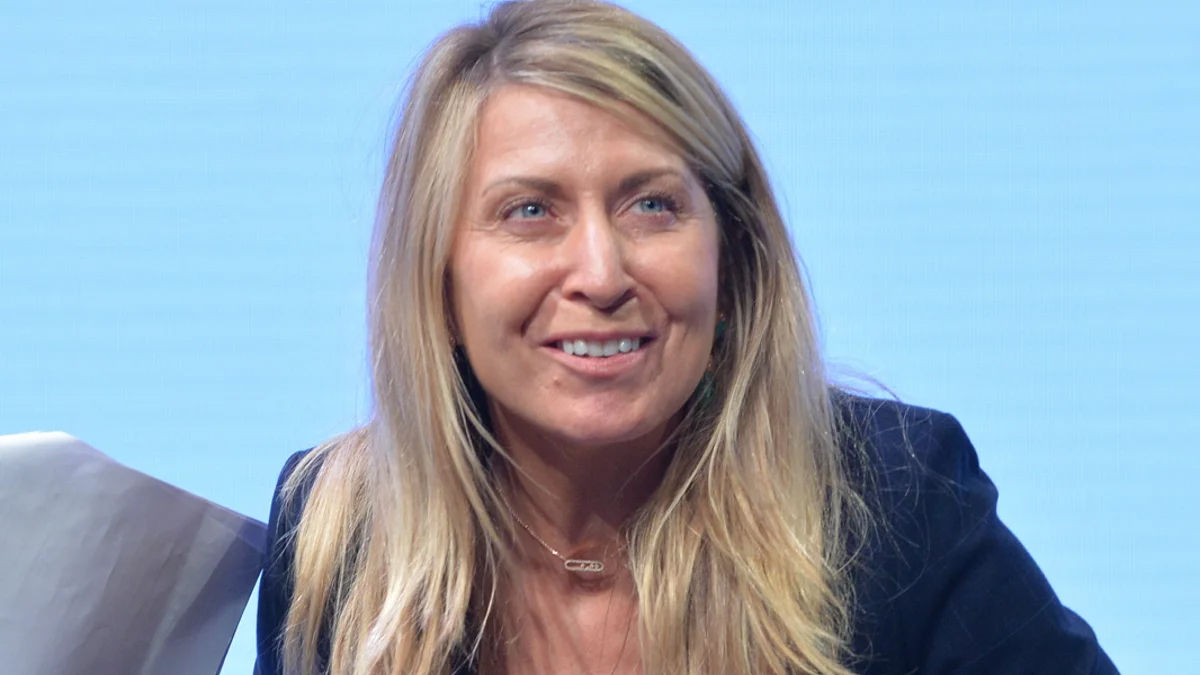
LONDON - As Deborah Turness strode into the wood-panelled boardroom on the third floor of BBC Broadcasting House the tension in the air was almost tangible.
The corporation’s first chief executive of news and current affairs was determined to go on the front foot after four days in which damaging accusations of serious and systemic bias had been levelled at the BBC, including the doctoring of a major speech by Donald Trump.
However, the Board meeting on Thursday afternoon did not go according to plan. Quite the reverse. From the outset, there was outright hostility to Turness from the 12-strong Board of directors who – until Sunday evening – included Tim Davie, the then director-general.
Turness had arrived armed with a short statement, drafted two days earlier in consultation with her closest advisers, which conceded the editing of the Trump speech had been badly mishandled.
A senior source says: ‘‘The statement was intended as a loud noise to the public, and the staff, that we got wrong an 11-second clip in an otherwise fine Panorama programme. It was also vital to the staff, who were bewildered after days of criticism, that we were seen to be defending our journalism.’’
The attempted mea culpa to the BBC Board fell flat. So did the attempt by the fast-talking Turness, who looks much younger than her 58 years, to argue that, if it had not been for the omission of a white flash to make clear to viewers that there were two distinct parts of the speech, all would have been fine.
She was already skating on thin ice but it was at this point that Turness started sinking beneath the surface.

Deborah Turness. (Pic: The Guardian)